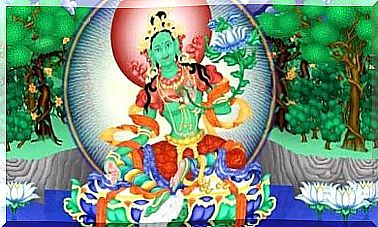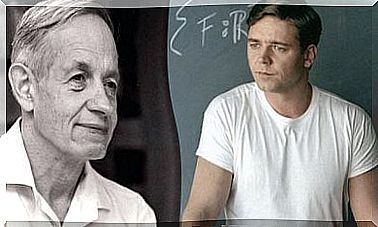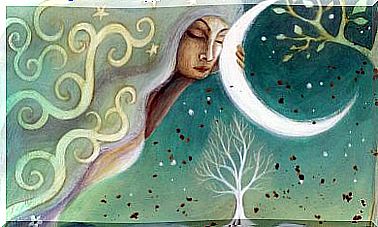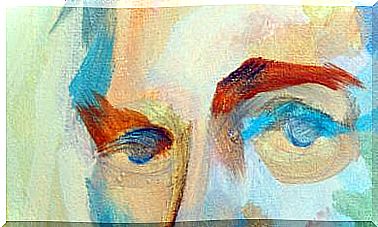Hegel’s Master-slave Dialectic

The dialectic of master and slave is the name given to a theoretical construction by Friedrich Hegel, considered one of the key elements of his philosophy, which has influenced many philosophers later. Not only did it become the basis for the materialist dialectic developed by Karl Marx, but it also had a strong influence on psychoanalysis.
For Hegel, human reality is condensed in what we call universal history. In turn, what has marked that history is the unequal relationship between human beings. Between tyrants and tyrannized. In this way, the historical dialectic is the dialectic of master and slave. What has moved history is this contradiction between one and the other and has given rise to an inequality in the self-consciousness of human beings.
Let us remember that dialectics in Hegel is a form of reasoning in which two theses are opposed, which in turn lead to new concepts that overcome this contradiction. Thus, there is a thesis that raises certain arguments. It is followed by an antithesis, which exposes the problems or contradictions in the thesis.
Synthesis arises from the dynamic between thesis and antithesis, which becomes a solution or a new perspective on the matter. Likewise, studies such as the one carried out at the University of Cambridge in 2014, indicate that this text is an exceptional means of reflecting on the concept of freedom and on the progress of reason.
Desire and the dialectic of master and slave
In Hegel’s dialectic of master and slave, desire has a very relevant position. This philosopher points out that animals have a desire that is satisfied with an immediate object. The animal is not aware of what it wants. In the human being, on the other hand, things are different.
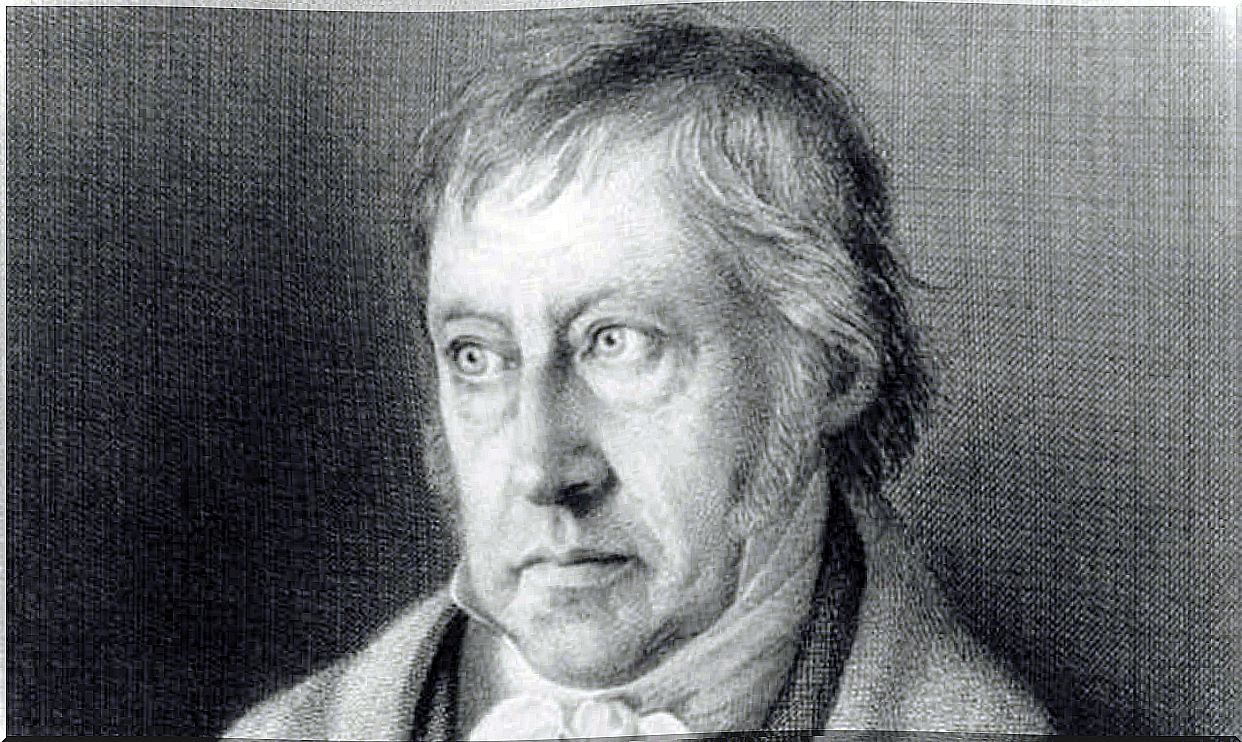
For Hegel, history is the history of social relations. This is inaugurated when there are two opposing human desires. What the human being wants is to be desired by another human being. In other words, be recognized by the other. So human desire is fundamentally desire for recognition.
The human being wants others to give him an autonomous value. This is, an own value, that differentiates each one of the others. This is what defines the human condition. Therefore, according to Hegel, the inherent thing of the human being is to impose itself on the others. Only when the other recognizes you as someone autonomous is self-awareness created. In turn, the self-consciousnesses wage a fight to the death among themselves.
In fact, studies like the one carried out at Harvard University in 2014, show us that self-awareness continues to be that neglected psychological competence today. We yearn for it and value it but we still don’t know how to awaken or empower them.
History from Hegel’s perspective
Based on those concepts that we have exposed very briefly, Hegel builds his dialectic of the master and the slave. This consists in proposing that from the first moment of history there are two figures: the master and the slave. The first prevails over the second. The way to do it is by denying it, that is, not acknowledging your desire. He masters it by overriding it.
The resolution of the conflict arises when one of the two consciences gives in out of fear and prefers to be a subjugated conscience rather than a dead conscience (a non-conscience). In other words, the conscience that gives way prefers to live in bondage rather than die.
In this way, your fear of dying is more powerful than your desire to be recognized by the other consciousness. For its part, that conscience in which the desire to dominate is more powerful than its fear of dying is the one that subdues the conscience that yielded out of fear. So here we have a master and a slave.
In this way a form of consciousness arises in the dominated. This consciousness is that of the one who recognizes another as master and recognizes himself as his slave. Therefore, he does not manage to form a self-consciousness as such, but assumes himself from a logic in which the gaze of the master prevails. This constitutes the essence of the dialectic of master and slave.
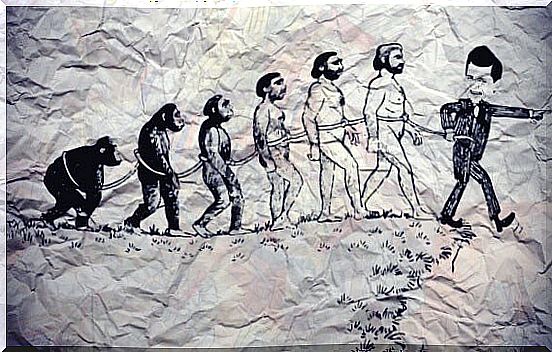
All this has important repercussions on production. In this, the master does not come into contact with the raw material, or “the thing”, that the slave transforms with his work. In turn, the slave comes into contact with it only to transform it, but it is not his, nor is it intended for consumption. Like the worker who produces bricks, but has no home.
Masters and slaves
Thus, what Hegel proposes is that the dialectic of history is the dialectic of master and slave. Since the beginning of history there have been rulers and dominated. A recognized entity, the master, and a recognizing entity, the slave. That slave ceases to be an autonomous entity and becomes something reified by the master.
Due to this dominance, the master coerces the slave and forces him to work for him. Said work is not a creative process of the slave, but an imposition that makes him an object of work. However, the master ends up depending on the slave for his own survival. And there is always a moment in which the roles are reversed, since the slave is indispensable for the master, but this is not so for the slave.
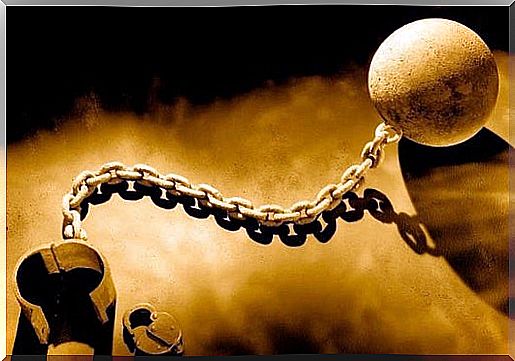
In other words, as the slave creates more and more sophisticated products, through his own creativity, he begins to see himself reflected in the products he created. Thus, he realizes that the world around him was created by his own hands, so the slave is no longer alienated from his own work and achieves self-awareness. While the master, on the other hand, has become totally dependent on the products created by his slave. This is how the master is then enslaved by the work of his slave.
The dialectic of the master and the slave is a concept that marked a before and after in the history of philosophy. It laid the foundations that, no matter how much they have been revised and reinterpreted, essentially maintain their validity.

